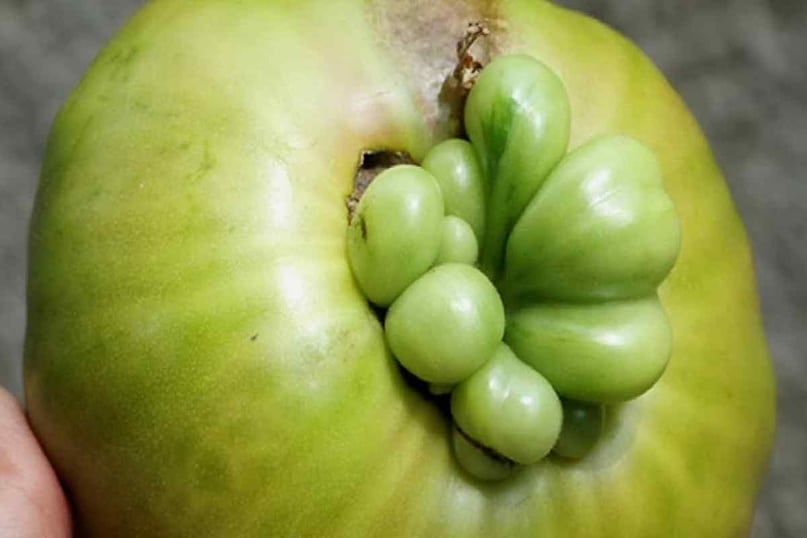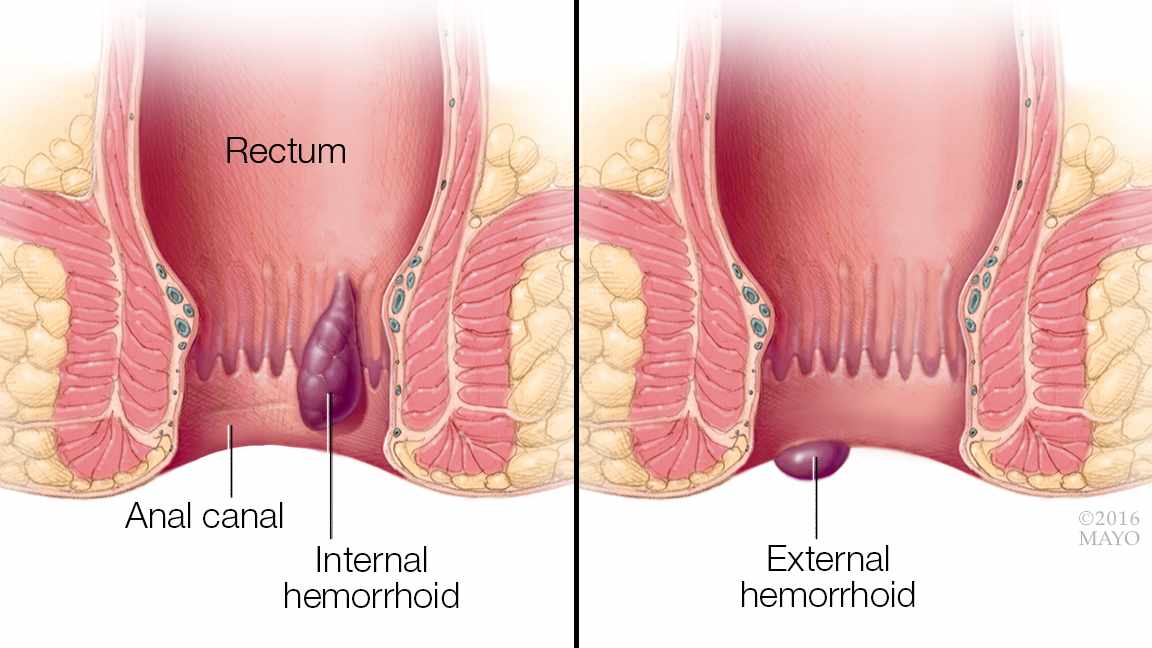A Guide to Preventing Hemorrhoids Naturally

Introduction
Hemorrhoids are one of those topics no one really wants to talk about, but they’re more common than you might think. So, what exactly are hemorrhoids, and why should you care about preventing them naturally? Hemorrhoids are swollen veins located around the rectum or anus, and while they can be uncomfortable and downright painful, the good news is that there are several ways to prevent them without relying on medication or invasive treatments.
In this guide, we’ll walk you through everything you need to know about hemorrhoids, from understanding what they are and what causes them to practical tips on how to prevent them naturally. Ready to dive in? Let’s get started!
Understanding Hemorrhoids
What Are Hemorrhoids?
Hemorrhoids are swollen or inflamed veins in the rectum and anus that can cause discomfort, itching, and sometimes bleeding. They’re a lot like varicose veins you might get in your legs, except these are a bit more private. The good news is, they’re usually not serious, but they can definitely be a pain – literally.
Types of Hemorrhoids
Internal Hemorrhoids

Internal hemorrhoids are located inside the rectum. They usually aren’t visible, and you might not even know you have them unless they start to bleed or prolapse (slip outside the anus). You might experience some discomfort, but they tend to be less painful than their external counterparts.
External Hemorrhoids

External hemorrhoids develop under the skin around the anus. These can be more painful, especially if a blood clot forms inside them (known as a thrombosed hemorrhoid). They’re also more likely to cause itching or irritation.
Symptoms and Signs of Hemorrhoids
Common Symptoms
The symptoms of hemorrhoids can vary depending on whether they’re internal or external. Common symptoms include:
- Itching or irritation in the anal region
- Pain or discomfort, especially when sitting
- Swelling around the anus
- Bleeding during bowel movements
- A lump near your anus, which may be sensitive or painful
When to Seek Medical Attention
While hemorrhoids are usually not serious, there are times when you should see a doctor. If you experience significant bleeding, severe pain, or if your symptoms don’t improve with home treatments, it’s a good idea to get checked out.
Causes of Hemorrhoids
What Causes Hemorrhoids?
Understanding what causes hemorrhoids is key to preventing them. Hemorrhoids occur when the veins around your anus or lower rectum become swollen, often due to increased pressure in the area.
Poor Diet and Hemorrhoids
A diet low in fiber is a major contributor to hemorrhoids. Without enough fiber, your stools can become hard, making it difficult to pass them. This leads to straining, which puts extra pressure on those delicate veins.
Lack of Exercise
Living a sedentary lifestyle can contribute to the development of hemorrhoids. Exercise helps keep your digestive system moving smoothly, reducing the likelihood of constipation and straining during bowel movements.
Chronic Constipation and Straining
Chronic constipation is a common culprit behind hemorrhoids. The more you strain to pass a bowel movement, the more pressure you put on your rectal veins. Over time, this can lead to the development of hemorrhoids.
Pregnancy and Hemorrhoids
Pregnant women are particularly prone to hemorrhoids due to the increased pressure on the pelvic veins. Hormonal changes during pregnancy can also make you more susceptible to constipation, which further increases the risk.
Aging and Other Contributing Factors
As you age, the tissues supporting the veins in your rectum and anus can weaken, making you more prone to hemorrhoids. Other factors, like heavy lifting or prolonged sitting, can also contribute.
Natural Ways to Prevent Hemorrhoids
Dietary Changes
Increasing Fiber Intake
One of the simplest and most effective ways to prevent hemorrhoids is by adding more fiber to your diet. Fiber helps to soften stools and increase their bulk, making them easier to pass. Foods like fruits, vegetables, whole grains, and legumes are excellent sources of fiber.
Staying Hydrated
Along with fiber, staying hydrated is crucial. Water helps keep everything moving smoothly through your digestive system. Aim for at least 8 glasses of water a day, and more if you’re active or live in a hot climate.
Avoiding Processed Foods
Processed foods are often low in fiber and high in salt and unhealthy fats, which can lead to constipation. Try to limit your intake of processed snacks, fast food, and sugary treats, and focus on whole, unprocessed foods instead.
Exercise and Physical Activity
Importance of Regular Exercise
Regular physical activity is essential for overall health and can help prevent hemorrhoids by promoting regular bowel movements. Even a daily walk can make a big difference.
Specific Exercises to Prevent Hemorrhoids
Certain exercises, like Kegel exercises, can strengthen the muscles around your anus and lower rectum, reducing the risk of hemorrhoids. Yoga and other low-impact activities that improve circulation can also be beneficial.
Healthy Bowel Habits
Avoiding Straining
One of the best things you can do to prevent hemorrhoids is to avoid straining during bowel movements. This might mean adjusting your diet or taking your time when using the bathroom.
Proper Positioning on the Toilet
Believe it or not, how you sit on the toilet can make a difference. Using a small stool to elevate your feet can help you maintain a squatting position, which is more natural and reduces strain.
Responding to Urges Immediately
Don’t ignore the urge to go! Holding it in can lead to constipation and increase the risk of hemorrhoids. When you feel the need to use the bathroom, try to go as soon as possible.
Maintaining a Healthy Weight
How Excess Weight Contributes to Hemorrhoids
Carrying extra weight, especially around the abdomen, can increase pressure on your pelvic veins, making hemorrhoids more likely. Maintaining a healthy weight is key to reducing this risk.
Tips for Weight Management
Incorporate a balanced diet with regular exercise to manage your weight. Focus on gradual, sustainable changes rather than crash diets or extreme exercise routines.
Herbal Remedies and Natural Treatments
Witch Hazel
Witch hazel is a popular natural remedy for hemorrhoids. It has anti-inflammatory properties that can reduce swelling and soothe irritated skin. You can apply it directly to the affected area using a cotton pad.
Aloe Vera
Aloe vera is another soothing remedy that can help with hemorrhoid discomfort. Its anti-inflammatory properties can reduce irritation and promote healing. Look for pure aloe vera gel to apply directly to the area.
Other Effective Natural Remedies
Other natural treatments, like coconut oil, apple cider vinegar, and essential oils, can also be effective in reducing hemorrhoid symptoms. Always be sure to test a small area first to avoid any adverse reactions.
Lifestyle Modifications for Long-Term Prevention
Stress Management
How Stress Affects Digestive Health
Stress doesn’t just mess with your mind; it can also wreak havoc on your digestive system. Chronic stress can lead to digestive issues, including constipation, which in turn can increase the risk of hemorrhoids.
Stress-Relief Techniques
Incorporating stress-relief techniques like meditation, deep breathing, or even just taking time to relax can help improve your digestive health and reduce the likelihood of hemorrhoids.
Regular Medical Check-Ups
Importance of Early Detection
Regular check-ups with your healthcare provider can help catch any issues early before they become more serious. If you’re prone to hemorrhoids or have a family history, it’s especially important to keep an eye on things.
What to Expect During a Check-Up
During a check-up, your doctor might perform a physical exam or recommend additional tests if necessary. They can also provide personalized advice on preventing hemorrhoids based on your health history.
Conclusion
Recap of Key Points
Preventing hemorrhoids naturally is all about making smart lifestyle choices. From eating a fiber-rich diet and staying hydrated to maintaining a healthy weight and avoiding straining during bowel movements, these simple steps can make a big difference.
Encouragement to Implement These Tips
Remember, small changes can lead to big results. By taking proactive steps now, you can reduce your risk of developing hemorrhoids and enjoy a healthier, more comfortable life.
Final Thoughts on Preventing Hemorrhoids Naturally
Hemorrhoids might be a common issue, but they don’t have to be a permanent one. With a few tweaks to your daily routine, you can keep them at bay and avoid the discomfort they bring.
FAQs
Can hemorrhoids be prevented entirely?
While you can’t guarantee that you’ll never get hemorrhoids, following the tips in this guide can significantly reduce your risk. A healthy diet, regular exercise, and good bowel habits are key to prevention.
Is it possible to treat hemorrhoids at home?
Yes, many people find relief from hemorrhoid symptoms using natural remedies like witch hazel, aloe vera, and lifestyle changes. However, if your symptoms are severe or persistent, it’s best to consult a doctor.
What foods should I avoid to prevent hemorrhoids?
Avoid processed foods, low-fiber foods, and those high in salt and unhealthy fats. Instead, focus on whole grains, fruits, vegetables, and plenty of water.
Are there any exercises I should avoid if I have hemorrhoids?
Avoid heavy lifting and exercises that put a lot of pressure on the abdominal area, like intense weightlifting. Stick to low-impact activities like walking, swimming, and yoga.
How long does it take to see improvement with natural remedies?
The time it takes to see improvement can vary depending on the severity of your symptoms and how consistently you apply the remedies. Generally, you should start to notice some relief within a few days to a week.


